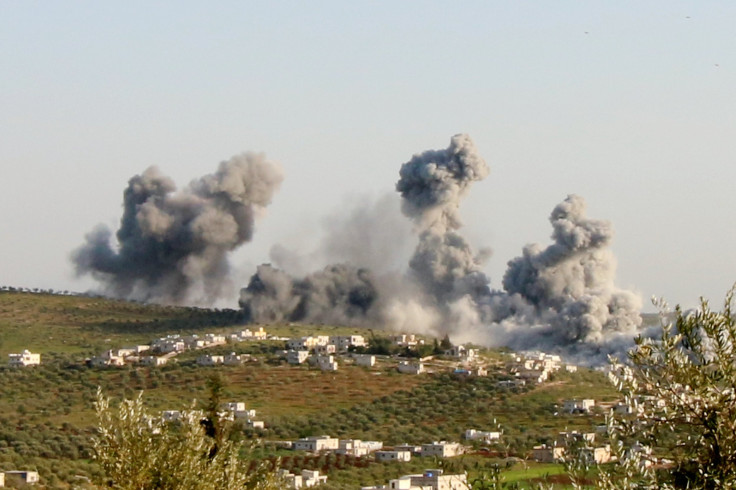US Lawmakers Praise Islamic State Raid, Seek Long-Term Strategy

American lawmakers praised a U.S. raid that killed an Islamic State leader in Syria, but it was not clear whether such risky special operations represented a new approach in the fight against the militant group.
U.S. Representative Adam Schiff, the top Democrat on the House of Representatives intelligence committee, called the raid on Saturday that killed Abu Sayyaf "a striking and risky success" in the heart of Islamic State territory.
He said U.S. authorities would have to weigh the dangers of such raids, such as civilian casualties or the capture or killing of American special forces, against the potential intelligence value.
"I don't think it signals a wholsesale effort to mount lots of special operations efforts like we had in Afghanistan and Iraq," he said on CNN's "State of the Union" on Sunday.
"The risks go up the more you conduct these kinds of operations, the more you see the potential of being pulled in," Schiff said.
The United States has relied primarily on air strikes to combat Islamic State, which has seized swathes of Syria and Iraq. President Barack Obama has promised not to commit major ground forces.
Obama has left open the possibility of special forces raids, a tool endorsed on Sunday by Senator Dianne Feinstein, the top Democrat on the Senate intelligence committee, who called the Abu Sayyaf raid "picture perfect."
"It is the kind of one-two punch that we should do more of," Feinstein said on ABC's "This Week" program. "I believe that if we're not going to put troops on the ground, then we've got to use our Special Operations Forces to go in and collect intelligence."
She acknowledged the failure of the first U.S. raid into Syrian territory, to rescue journalist James Foley from Islamic State. Foley was later beheaded by the group.
The raid in Syria came at a time when Islamic State has scored gains in Iraq and advances in Syria.
Representative Ryan Zinke, a Republican former commander of Navy SEAL Team Six, the unit known for killing Osama bin Laden in 2011, said the operation did not ease concerns with U.S. policy in the region.
"We face a very difficult challenge in Iraq and Syria," he said. "This particular operation, it's not going to change the background. The background is: we need a plan in Syria."
(Reporting by Doina Chiacu; Editing by Andrew Hay)
© Copyright Thomson Reuters 2024. All rights reserved.











